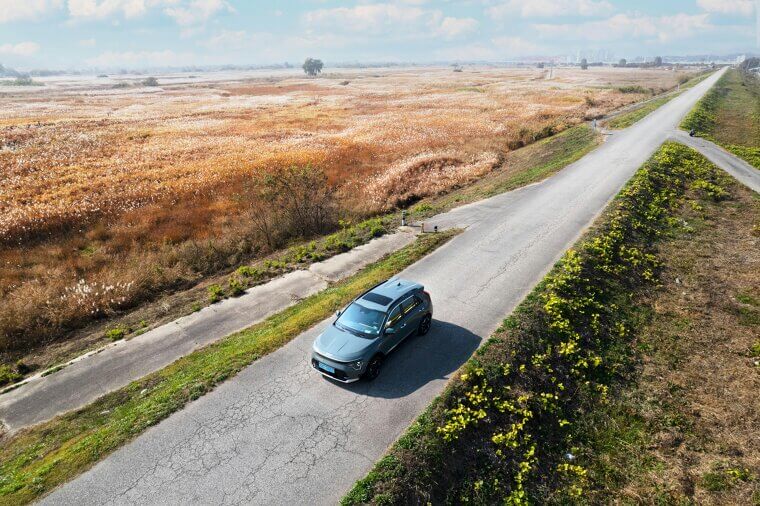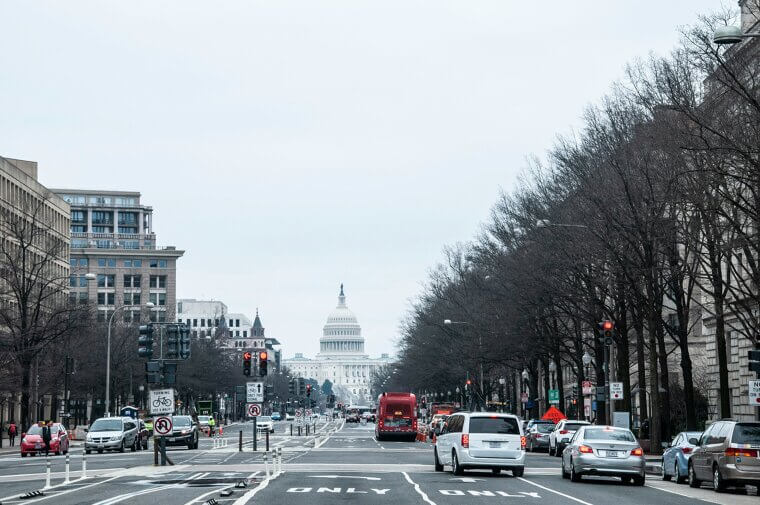U. S. States With Plans to Eliminate Gas-Powered Car Sales
Across the U.S., a growing number of states are moving to phase out new gas-powered vehicle sales in the coming years. Driven by climate goals, technological shifts, and public health concerns, these policies aim to accelerate the adoption of electric and zero-emission transportation. Here’s a look at the states with ambitious plans.
California
California often sets the tone for environmental policy nationwide, and its 2035 deadline to end new gas-powered car sales is no exception. The state’s Advanced Clean Cars II rule requires a steady increase in zero-emission vehicle sales until the complete phase-out, with the aim of cutting greenhouse gas emissions and improving air quality. Many states saw California’s example, and have pursued similar goals to match its green ambitions.
Delaware
Delaware is a good example of a state aligning itself with California’s clean car rules - it’s planning to ban new gas-powered car sales by 2035. Its goal is to reduce pollution and push towards a cleaner climate, particularly in its urban areas. As a result, Delaware’s offering incentives for EV buyers, and expanding its charging network to offer more support.
Maine
Maine has committed to adopting rules similar to California’s, targeting 2035 as the end date for gas-powered car sales. Maine’s particularly vulnerable to climate change - especially in the coastal regions - so protecting its natural environment is essential. The state’s pushing EV adoption while upgrading its infrastructure to handle the emancipated wave of zero-emission transportation.
Maryland
In 2023, Maryland announced that it will follow California’s lead with a 2035 ban on new gas-powered vehicles. The policy is part of an effort to increase public health by providing cleaner air. The state is also investing in electric buses and public transit upgrades to complement the shift.
Massachusetts
Massachusetts has committed to ending sales of new gas-powered cars by 2035 under its Clean Energy and Climate Plan. The state’s strategy emphasizes not just EV vehicle adoption, but also renewable energy goals and public transportation improvements, creating a more robust approach to cutting carbon emissions in the coming decades.
Rhode Island
Rhode Island plans to adopt the Advanced Clean Cars II standard, aiming for a 2035 phase-out of gas-powered vehicle sales. With a small land area and dense population, the state hopes EV vehicles will quickly cut tailpipe pollution, improving public health and reducing the amount of smog it’s vulnerable to.
New Jersey
New Jersey is preparing to follow California’s vehicle regulations, committing to a 2035 ban on new gas-powered car sales - a vast improvement on its original 2050 target. The Garden State’s plan includes financial incentives for EV drivers, rebates for home chargers, and significant improvements to charging infrastructures so residents won’t find the shift too shocking.
New York
New York has legislated a 2035 ban on gas-powered vehicle sales, part of a broader effort to cut emissions by 85% when 2050 rolls around. The state isn’t just expanding charging infrastructure; it’s also offering purchase incentives, and plans to reduce air pollution further with its clean transportation goals and renewable energy plans.
Oregon
Oregon’s clean vehicle rules mirror California’s, with a target to end gas-powered vehicle sales by 2035. The state aims to fully embrace renewable energy, and has pledged to increase its network of public chargers (particularly in rural areas), so both urban and rural communities benefit from the change.
Pennsylvania
In an effort to follow California’s Advanced Clean Cars II standards, Pennsylvania is likewise aiming for a 2035 ban on new gas vehicles. The state wants to transform itself into a hub for EV manufacturing and similar sustainable technologies; reducing fossil fuels is an important part of making these goals come true.
Vermont
Vermont passed a zero-emission vehicle mandate in November 2022, aiming to fully end new gas-powered car sales by 2035. The state’s plan is part of its larger goal to be a zero-emission state by 2050, and has pushed towards building a charging infrastructure along major travel routes with this purpose in mind.
Washington
Washington has set one of the earliest timelines, planning to ban new gas-powered car sales by 2030 under the Clean Cars 2030 law. The state’s ambitious target aims to push innovation, accelerate EV adoption, and significantly cut transportation-related emissions, which account for nearly half of Washington’s carbon footprint.













